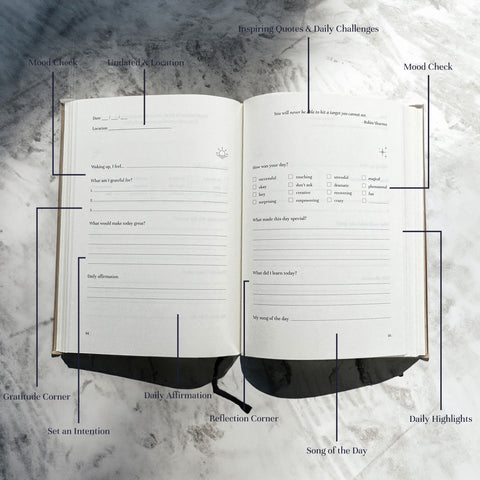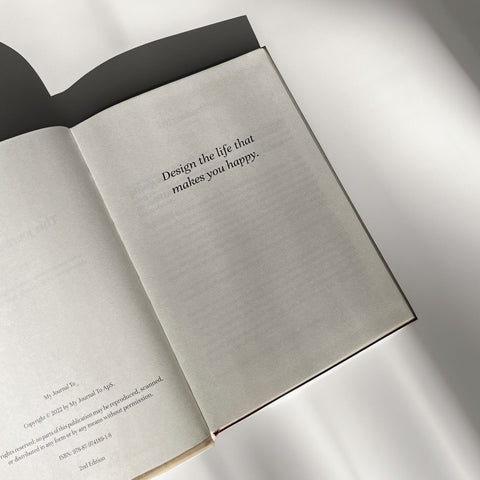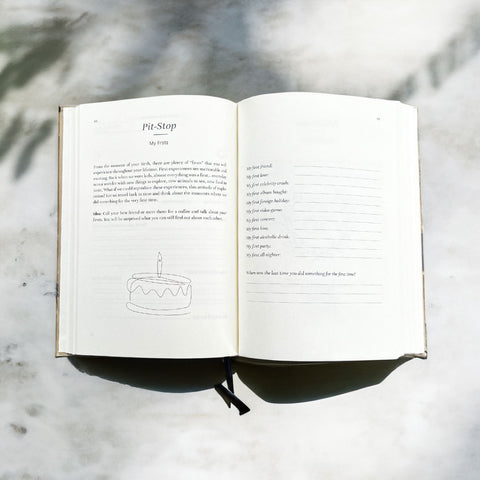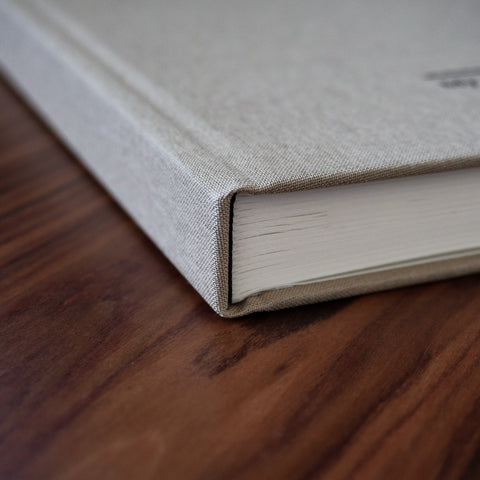Slowing Down Time: How Rest Can Change Our Perception of Time And Happiness
It’s August, but wasn’t it New Year’s yesterday? Yesterday.
Life just flies by and nothing has really happened for as long as you can remember. You can’t stop thinking about all the missed opportunities and all the things you wanted to do, see or achieve. All the things you wanted to happen that have not quite turned out as you imagined. Maybe even this very moment feels like you are looking back at a memory. If that is you, then you are not alone.
Our experience of time is flexible, speeding up in some situations and slowing down in others. The good news is that according to psychologists, we can actually slow down time by
a) exposing ourselves to as many new experience as possible
b) making a conscious effort to be more "mindful" of our experiences.
New Experiences vs. Living in the moment
One of the main reasons we feel time passing by slowly as children is the plethora of new experiences. We used to notice and be amazed by the smallest things, because there simply were so many “first’s” that you could take in. As adults, less so, but that doesn’t mean that it’s impossible. A way to create new experiences is to ensure you get out of your comfort zone. Avoid familiarity and explore new places, meet new people, try out hobbies, learn a new skills, and so on. New experiences increase the amount of information our minds need to process and thereby prolong time.
The second approach is a bit different. It focuses on changing our attitude to our experiences, so that we pay our full attention to what we are seeing, feeling, tasting, smelling or hearing. Your way to work is familiar, but you might have not noticed that new crack in the wall of a house, that new face in the neighbourhood or a new poster by the metro station. On the one hand, this attitude can really make chores and trivial activities more enjoyable, and on the other hand, an alert attitude to your experiences can have a time-expanding effect. You only need to be open to pull the plug.
Why We Should Be Planning To Rest
Studies have shown that more than half of us are not consciously thinking or planning for rest.

Rest does not necessarily mean getting sufficient sleep. It means getting a break from your busy schedule, your work day and savouring the present moment and the world around you as described above.
The top 4 reasons we don’t tend to do that are:
1. We feel guilty for taking a “break”
2. We don’t know how to
3. We can’t switch off and disconnect from electronic devices
4. We are overcommitted in almost every aspect of our lives
If we don’t plan for rest and mindful breaks, life will feel like a race track with experiences and days just passing by without us taking notice. We won’t really feel happy with our trajectory as there is so much more we thought we could experience in our time span. The key here is to cut back and slow down.
6 Easy Steps To Take To Slow Life Down
1. Prioritise and learn to say no.
Things are only going as fast as you want them to be. If your life feels hectic, it is because you have not made the effort yet to re-assess your priorities. Reflect on what it is you truly want from life and cut down on all the tasks, projects, hobbies or even people that are not part of that core focus. Be open about your need to cut back and don’t feel guilty about letting people down.
2. Put the phone away
We know. That’s not too easy, but start with scheduling one screen-free day in your calendar and read our guide on how to organise for a digital detox.
3. Get outside
Leave your home or office frequently to disconnect by walking or being in nature. Check the weather to spot a sunny window and walk those 20 minutes outside.
4. Eat slowly
Make room for a proper 45-minute lunch break and be mindful of each bite. Preparing and enjoying food is a great way to disconnect and make time appear slower. Side benefit: you will be fuller on less food and it tastes better.
5. Take a breath
And a couple more. When things are getting hectic, use your breath to take a break and a step back. Conscious breathing is a great way to keep stress at bay and be more mindful of the presence.
6. Journal. Obviously.
One of the reasons we are too busy, is that we don't make time for rest and reflection. Journaling is a great routine to have to do exactly that: plan to stop, reflect and become mindful of the present moment.






